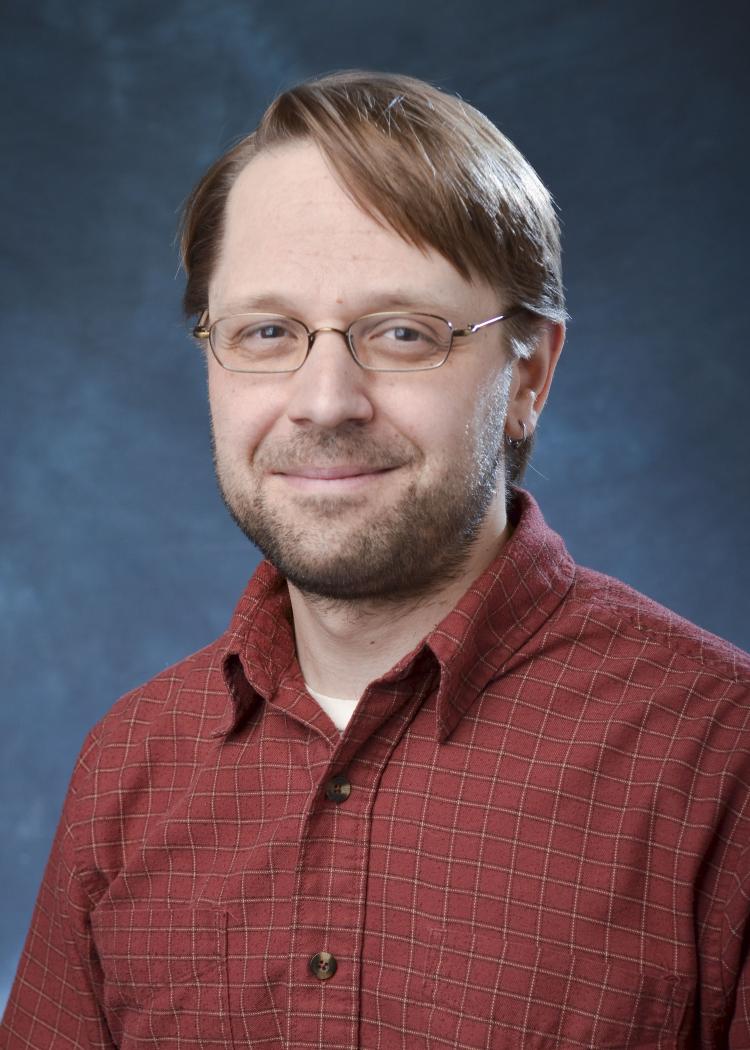Profiles in Applied Math - David Bortz

Q: How did you become involved with Applied Mathematics and Mathematical Biology?
A: In college I was originally a pure math and physics double major. In my junior year, however, I discovered the Applied Mathematics major that encompassed my favorite parts of those two fields. I did a summer research project on geophysics with an applied math faculty member who encouraged me to continue on to graduate school and get a PhD. Once there, I began reading publications from as many different sub-fields of applied math as I could. My first research project was on nonlinear optimization (similar to Prof. Becker's work), however, I kept finding myself intrigued by research in mathematical biology. I worked with my advisor to create a research project studying the dynamics of the immune system during HIV infections and from there I began looking at other interesting problems at the intersection of mathematics, computation, and biology.

Q: What is Mathematical Biology? Why is it an exciting area to work in?
A: It has been said that the 21st century is the century of biology. Experimental techniques in the biological sciences have advanced to an amazing degree over the last few years. And we, as applied mathematicians, have an incredibly opportunity to be at the forefront of this research. Via developing and analyzing novel mathematical models, we can reveal connections and conclusions unavailable when using only traditional laboratory-based investigations. With possible high impact applications to everything from improved strategies for wastewater treatment to novel therapies for diabetes, mathematical biology is one of the most exciting and active areas of research today.
Q: What is the Mathematical Biology Group
A: The Mathematical Biology Group is a vibrant community of faculty, postdocs, and students with a shared interest in research in mathematical biology. There are researchers studying everything from bacterial community biomechanics (Professor Bortz) to infectious disease epidemics (Professor Dukic) to the behavior of networks of neurons (Professor Kilpatrick). We have weekly meetings where members present updates on the progress of their research and about once a month we have an external speaker who presents their latest research. For students interested in joining the group, they will be expected to work with a faculty member to create a project and then present research results once a semester.
Q: What do you enjoy doing in your free time?
A: In our free time, my wife and I enjoy the typical Colorado pursuits: hiking, biking, snow shoeing, etc. And, when the weather isn't cooperating however, you'll probably find us reading science fiction or playing board games like Settlers of Catan.


